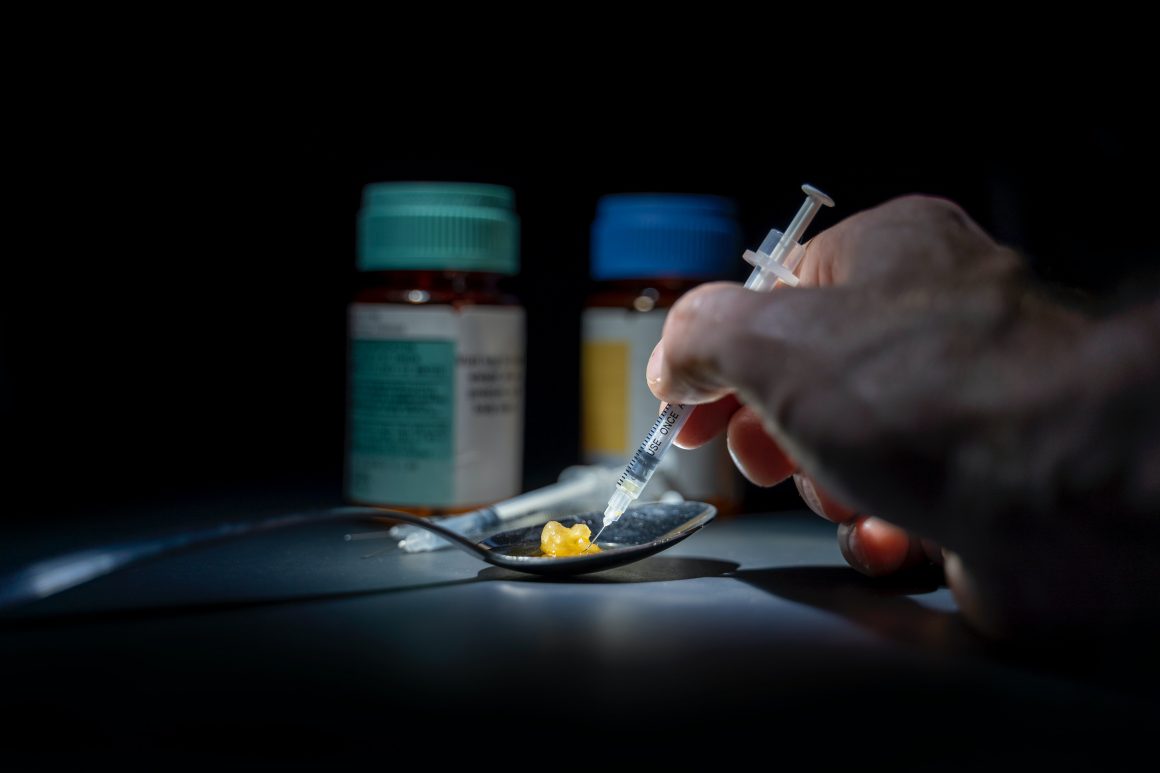Over the past few decades, drug overdose deaths have more than tripled.
Since 1989, the International Day Against Drug Abuse and Illicit Trafficking [IDADAIT], also known as “World Drug Day” has been observed annually on the 26th of June to encourage and strengthen action against drug abuse.
IDADAIT has been specifically dedicated to the eradication of drug abuse and counteracting the existing challenges that sustain the illegal drug problems. Various organisations, communities and individuals globally observe this day to raise awareness on the harms that illicit drugs represent for society.
Drug abuse, also referred to as substance abuse, is the usage of prescription drugs, or over-the-counter medications in ways that are not recommended or intended. Inhalation of certain household or industrial chemicals for their mind-altering effects, is also considered drug abuse, in addition to tobacco use and excessive alcohol consumption.
Many drugs that are abused are considered addictive, so that despite the negative effects or risks they pose on an individual’s health, people continue to crave and use them. Therefore, drug abuse can also turn into a drug addiction issue.
Drug trafficking is a global illicit trade. It involves the cultivation, manufacturing, distribution, and sales of substances that are subject to drug prohibition laws. The United Nations Office on Drugs and Crime [UNODC] continuously monitors and researches the illicit drug markets in order to gain a better understanding of the way they operate.
The UNODC selects the themes for the annual IDADAIT and organises campaigns to raise awareness on the issues of drug abuse worldwide, with the overarching and ongoing theme being “health”. This year’s theme for IDADAIT is “Share facts on drugs, save lives”, emphasising the need to fight and control the spread of misinformation.
Each year the UNODC also issues the World Drug Report, in which it publishes the most recent key statistics and data on drug usage and abuse, all obtained through official sources. The main aim of these reports is to provide a factual account of the status quo, and recommend practical solutions to tackle the current global drug problem in a way that is evidence based and scientific.
Over the past few decades, drug overdose deaths have more than tripled. According to statistics from the UNODC report in 2019, over 35 million people worldwide suffer from drug use disorders, and only 1 in 7 receive treatment.
Read also: Debunking common myths on skin cancer
While cannabis was the most used substance in the world in 2018, opioids remain to be the most harmful. Over the past decade alone, the total number of deaths attributed to opioid use disorders went up by 71%, with a 92% increase among women users when compared with a 63% among men.
Studies have shown that the socio-economically disadvantaged tend to suffer disproportionately from drug use disorders. Poverty, limited education and social marginalisation are all major risk factors for drug use disorders. In addition to this, vulnerable and marginalised groups also tend to face barriers to accessing treatment services due to increased discrimination and stigma.
In Qatar, much has been done in developing awareness programmes on the risks of drug use and the implementation of relevant strategies to tackle this serious issue.
Naufar, a relatively new medically-led wellness service facility for the treatment of behavioural disorders, was established over three years ago and operates under the auspices of the Ministry of Public Health. Naufar addresses addiction disorders, services for chronic pain, as well as the treatment of common mental health issues and metabolic syndromes.
Severe penalties have been enforced locally for the possession of, usage and trafficking of illegal drugs. Individuals in Qatar found guilty of such offences can face large fines, long-term imprisonment, or even deportation.
How you can help spread the word
This year, seeing as the theme for IDADAIT is “Share facts on drugs, save lives”, you can do your part to fight the spread of misinformation by simply sharing the real facts from verified sources such as the UNODC. These facts can be on health risks, to solutions, to evidence-based prevention, treatment, and care.
Make sure to use the hashtags #ShareFactsOnDrugs and #SaveLives on Twitter and Facebook to join the global movement on spreading awareness on the harms of drug abuse.
Follow Doha News on Twitter, Instagram, Facebook and Youtube
